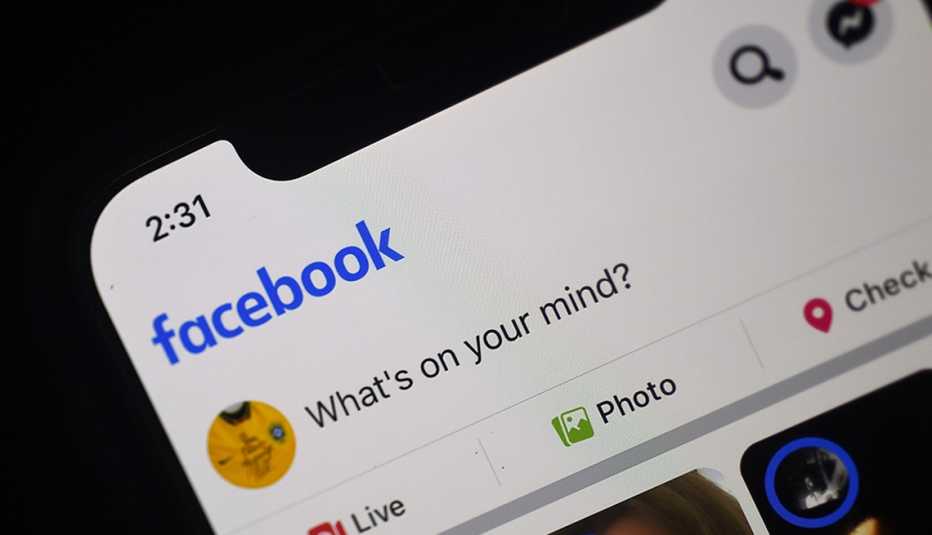Staying Fit


Fake coronavirus cures, conspiracy theories and other harmful misinformation are flooding social media in what the World Health Organization (WHO) calls an “infodemic” — an overabundance of information, some accurate, some not.
To combat falsehoods, tech companies such as Facebook, Twitter and Google (which owns YouTube) are flagging or removing misinformation and redirecting users to credible sources of information about the virus.


AARP Membership— $12 for your first year when you sign up for Automatic Renewal
Get instant access to members-only products and hundreds of discounts, a free second membership, and a subscription to AARP the Magazine.
These companies have faced criticism in the past for not doing enough to curb misinformation on their platforms, especially around the 2016 presidential election.
Now, with the health of billions of people at stake, Facebook, for example, is taking a more aggressive approach to material posted and shared about the coronavirus. Last week, the company said it will begin alerting users who have shared, clicked on or commented on information proven to be false and redirect them to a WHO web page on coronavirus myths.
Facebook also has increased the number of third-party fact checkers who examine posts flagged by users as suspicious or captured by its algorithms. It is removing harmful posts such as fake cures. One even told people to drink a solution of bleach, a potentially fatal poison.
"Through this crisis, one of my top priorities is making sure that you see accurate and authoritative information across all of our apps,” Mark Zuckerberg, the founder and chief executive of Facebook, wrote in a post about the new policies.
The company, which also owns photo-sharing network Instagram and messaging service WhatsApp, has directed Facebook and Instagram users to its Coronavirus (COVID-19) Information Center and used educational pop-ups that Zuckerberg said more than 350 million people had clicked on by mid-April.
Google also is working to direct people to credible health information. Searching “coronavirus cures” on its site brings up an information box that reads, “To date, there are no specific vaccines or medicines for COVID-19,” and includes a link to the WHO.
The moves to prioritize accuracy and downgrade or remove misinformation are a major change from how the tech giants previously approached the free flow of information on their platforms.

































































More on Home and Family
Secret Service Warns: Cybercriminals Exploiting Coronavirus Fears
Scams spread in U.S. as outbreak sweeps the globe